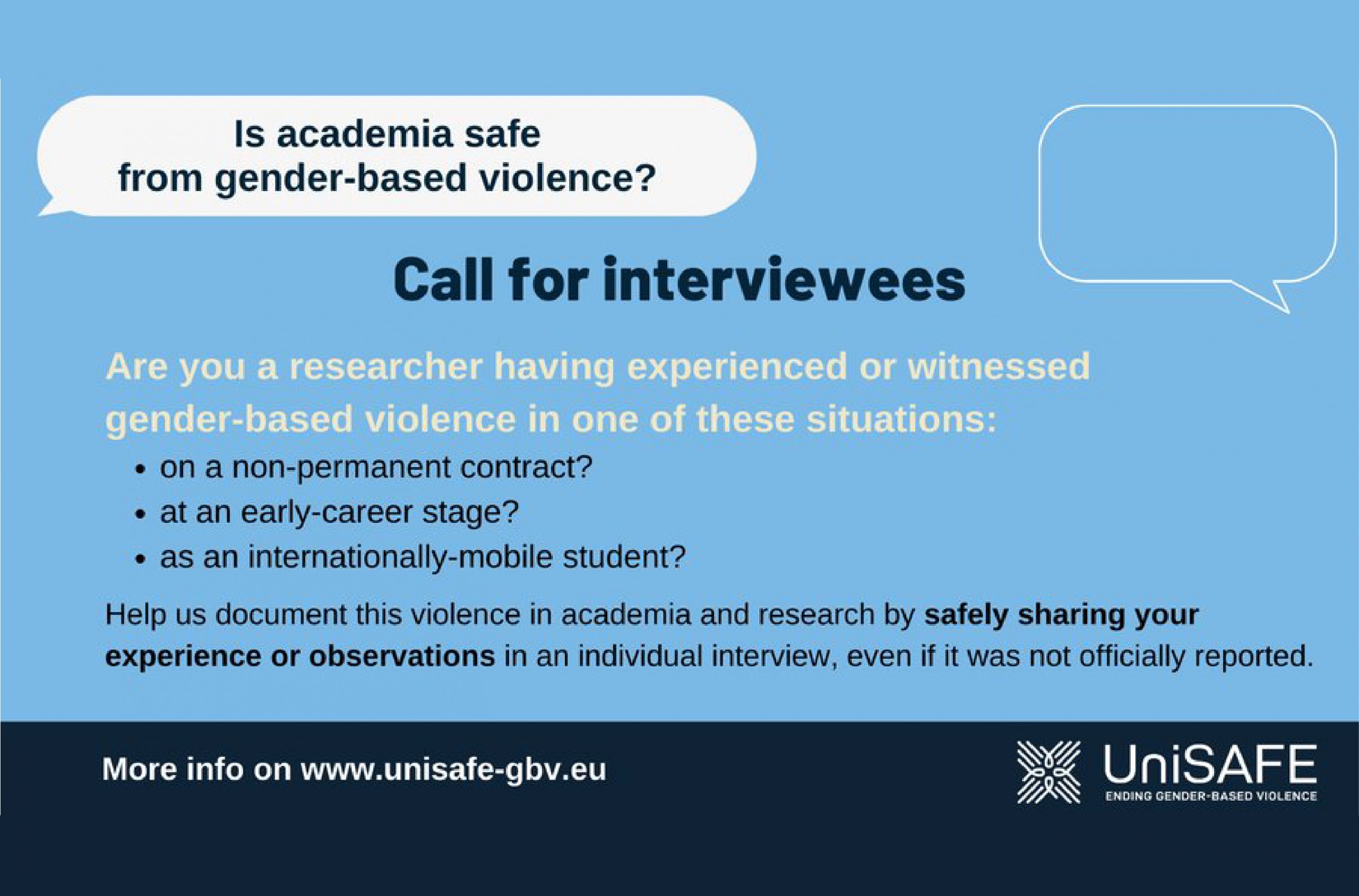Inspiring gender equality: the new institutional videos are online!
By Valentina Citati and Paola Carboni, University of Cagliari
After a huge collective selection and editing effort, the SUPERA Consortium identified some of the most inspiring practices developed during the 4 years of our project, and collected them in a new institutional video, together with selected highlights of the values and methodology that inspired our approach.
The work, developed with contributions from all partners and coordinated by UNICA, produced an institutional full video and 9 short extracts of the inspiring practices from each partner.
Cumulativeness, innovation, inclusiveness, sustainability: in the first short extract our Coordinator María Bustelo presents the four key principles that inspired the work in Supera with the aim to promote institutional change for gender equality.
In the second video “Capacity building, training and support”, Lut Mergaert (Yellow Window) explains how the application of co-creation and participatory techniques supported the promotion of institutional change for gender equality throughout SUPERA, becoming a key success factor and a source of inspiration for the partners implementing gender equality plans.
Tara Marini presents the initiatives foreseen by Regione Sardegna to support female researchers: for instance, the use of gender-sensitive language in the funding calls, and the introduction of a section dedicated to ensure gender balance.
In the video Working Group on #genderequality in R&D&I funds Angela Martínez-Carrasco tells about the experience promoted by MICINN with the development of a roadmap for the integration of a gender dimension in the planning and evaluation of R&I strategies, programmes and calls for proposals.
Ester Cois explain the institution of the Delegate for Gender Equality in UNICA: a key step to promote gender equality in the university.
Mónica Lopes’ video presents the Coimbra University’s strategic plan to ensure gender equity, an innovative and transformative measure to inspire other universities in inclusiveness and equality.
Paula de Dios presents the experience developed by the Complutense University with the gender equality nodes network.
The importance of CEU’s New policy on harassment and its innovations is described by Ana Belèn Amil, with highlights on how to increase the effectiveness of the policy itself and the trust of the academic communities in reporting cases.
Finally, Maxime Forest, SUPERA internal evaluator (Sciences Po), explains the role of monitoring and evaluation for the gender equality plan development.
The invitation is to watch, share and be inspired by the practices and tools for promoting gender equality narrated in our videos.




